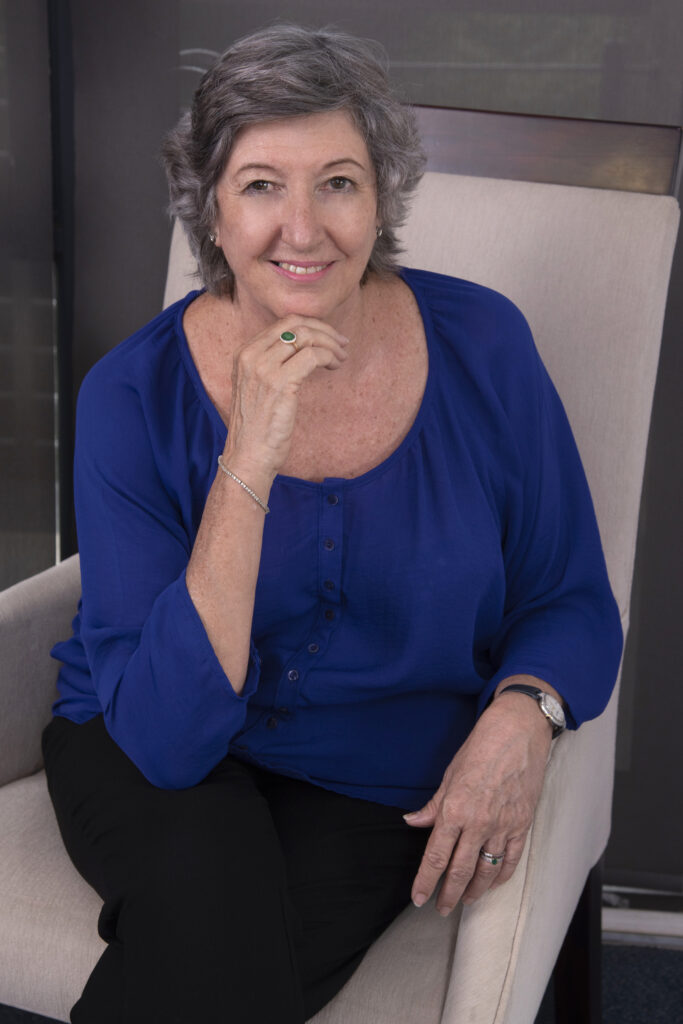Sharon Paterson, CEO: Infiniti Insurance Limited

A hedge against economic challenges and natural catastrophe risks
In recent months, South Africa’s economy has faced challenges, including power and water shortages and disruptions in rail and port operations. Small businesses are generally less able than large corporations to protect themselves against shocks such as extreme weather conditions, power interruptions, or load-shedding, as well as against the effects of rising interest rates.
Power interruptions, poor roads and water infrastructure have created major disruptions for small and medium businesses, leading to shrinking productivity and lost revenue. The cost of not having the correct business insurance cover can be more significant now than ever before.
In the event of a disaster or loss, a business may have to pay for repairs or replacements itself. This can leave the business vulnerable to unplanned expenses and, in the worst-case scenario, the closure of the business and financial ruin for the owner.
According to the FinScope 2020 survey, only 33% of SMMEs have insurance cover. These covers, however, are taken in the owners’ personal capacity, with the risks covered geared towards personal risk as opposed to business risk. The study further shows that 80% of SMMEs are banked; however, of those that are banked, only 30% have a business bank account, with the remainder using the owners’ personal account as a dual account for both business and personal usage.
SMMEs believe business insurance offers less value, and this is because they don’t have sufficient knowledge about the types of covers that are available in the market. The benefits of business insurance extend beyond financial protection; it contributes to the business’ stability, credibility, and resilience.
SMMEs need professional advice from brokers
Navigating the insurance landscape without a broker, can be a daunting task for small business owners. When assessing the required cover, brokers will also have to first acquaint themselves with the operation of the business and the risks specific to that client’s business. Some industries are more susceptible to fire, like those dealing with hazardous chemicals whilst others may be more susceptible to theft risks if they manufacture or sell electronic equipment. The exposure of the risk as well as the mitigation undertaken by the client, all play a role in setting the types of cover and the limits required.
Every business has its nuances, so the client needs to choose an insurance policy that meets their specific needs. The broker should visit the business premises, conduct a thorough inspection, and gain a firsthand understanding of the requirements. This analysis will enable the broker to provide the appropriate advice to the client.
Knowing that the business is adequately protected against various risks and uncertainties provides peace of mind to business owners, employees, and their families. This allows them to focus on growth and strategic decision-making rather than worrying about potential financial setbacks.
Commercial insurance for SMMEs commonly provides financial protection against risks such as property damage, liability claims, business interruption, cyber threats, and employee-related risks. This type of insurance includes general liability insurance, professional indemnity, and business property insurance including entrepreneur cover.
In South Africa’s fragile and unpredictable economic environment, having adequate insurance coverage is paramount for businesses to succeed. At Infiniti Insurance Limited, we are committed to empowering our brokers to help SMEs understand their risks so that they can improve their risk management and reduce the cost of insurance. Our solutions are carefully developed in collaboration with our broker partners, assisting them in managing their clients’ risks and creating seamless, personalised, and efficient services.

